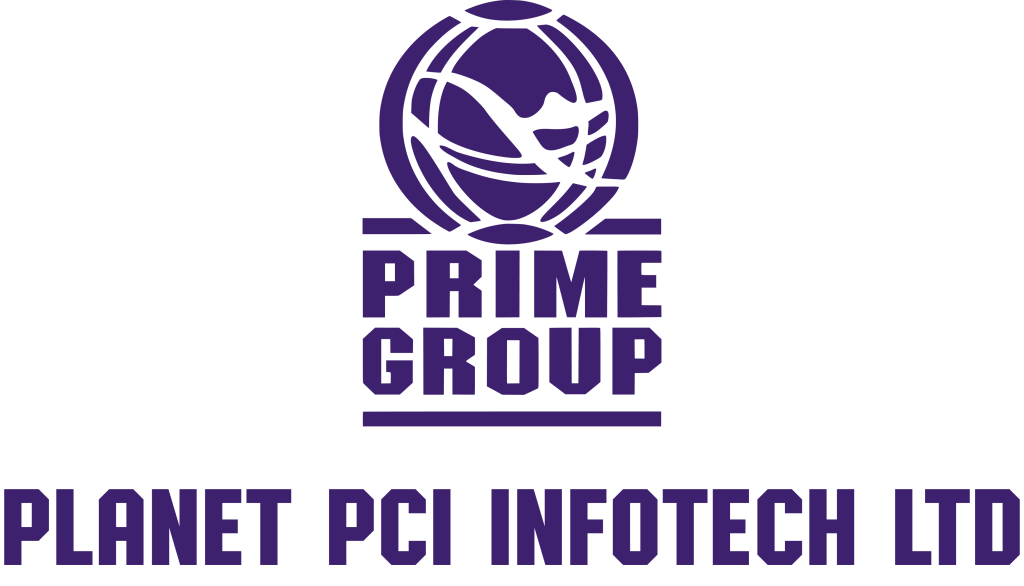In today’s dynamic business landscape, organizations often turn to contract staffing to fulfill their workforce needs. Engaging contract staff can offer numerous advantages, such as flexibility, specialized expertise, and cost-effectiveness.
However, to ensure a successful contract staffing experience, it is crucial to consider several key factors. This blog post aims to delve into the intricacies of effective contract staffing, providing insights into the considerations that can contribute to a productive and harmonious working relationship.
- Clearly Define Contract Duration: Clearly articulating the duration of the engagement is essential to manage expectations for both the hiring organization and the contract staff. It enables effective planning and ensures that the project or assignment has a well-defined timeline. Factors such as project scope, deliverables, and potential extensions should be taken into account when determining the contract duration.
- Assess Skills and Expertise: When engaging contract staff, it is vital to thoroughly assess their skills and expertise relevant to the project or assignment. Evaluating their qualifications, experience, and track record ensures that they possess the necessary capabilities to meet the desired objectives needed in effective contract management. Skill assessment can include reviewing resumes, conducting interviews, or even implementing skill-based tests. This step helps in identifying the right talent for the job, minimizing the risk of mismatches, and enhancing project outcomes.
- Evaluate Cultural Fit: The contract staff should align with the organization’s values, work ethics, and communication style to seamlessly integrate into the team. Assessing cultural fit helps foster a collaborative and harmonious working environment, leading to enhanced productivity and effective collaboration.
- Clarify Expectations and Deliverables: To ensure a successful contract staffing engagement, it is imperative to establish clear expectations and deliverables from the outset. Communicate project objectives, timelines, and quality standards to the contract staff. This clarity helps them understand their roles and responsibilities, enabling them to deliver the desired outcomes. Regular communication and progress monitoring throughout the engagement further ensure alignment and address any potential issues proactively.
- Maintain Effective Communication Channels: Establishing transparent lines of communication between the hiring organization, project managers, and contract staff is essential. Regular check-ins, progress updates, and feedback mechanisms facilitate the smooth flow of information and enable timely course corrections. Maintaining an open dialogue fosters trust minimizes misunderstandings, and enhances collaboration.
- Implement Performance Evaluation Mechanisms: Establishing performance evaluation mechanisms help track their progress, identify areas of improvement, and acknowledge exceptional performance. Performance evaluations can be conducted through regular feedback sessions, performance metrics, or periodic reviews. These evaluations provide valuable insights and enable the optimization of resources and outcomes.
Conclusion:
Effective contract staffing requires careful consideration of various factors to ensure a successful collaboration between the hiring organization and the contract staff. By clearly defining the contract duration, assessing skills and expertise, evaluating cultural fit, clarifying expectations, maintaining effective communication channels, and implementing performance evaluation mechanisms, organizations can maximize the benefits of contract staffing while achieving desired project outcomes. Prioritizing these key considerations will help build a strong foundation for effective contract staffing engagements.

